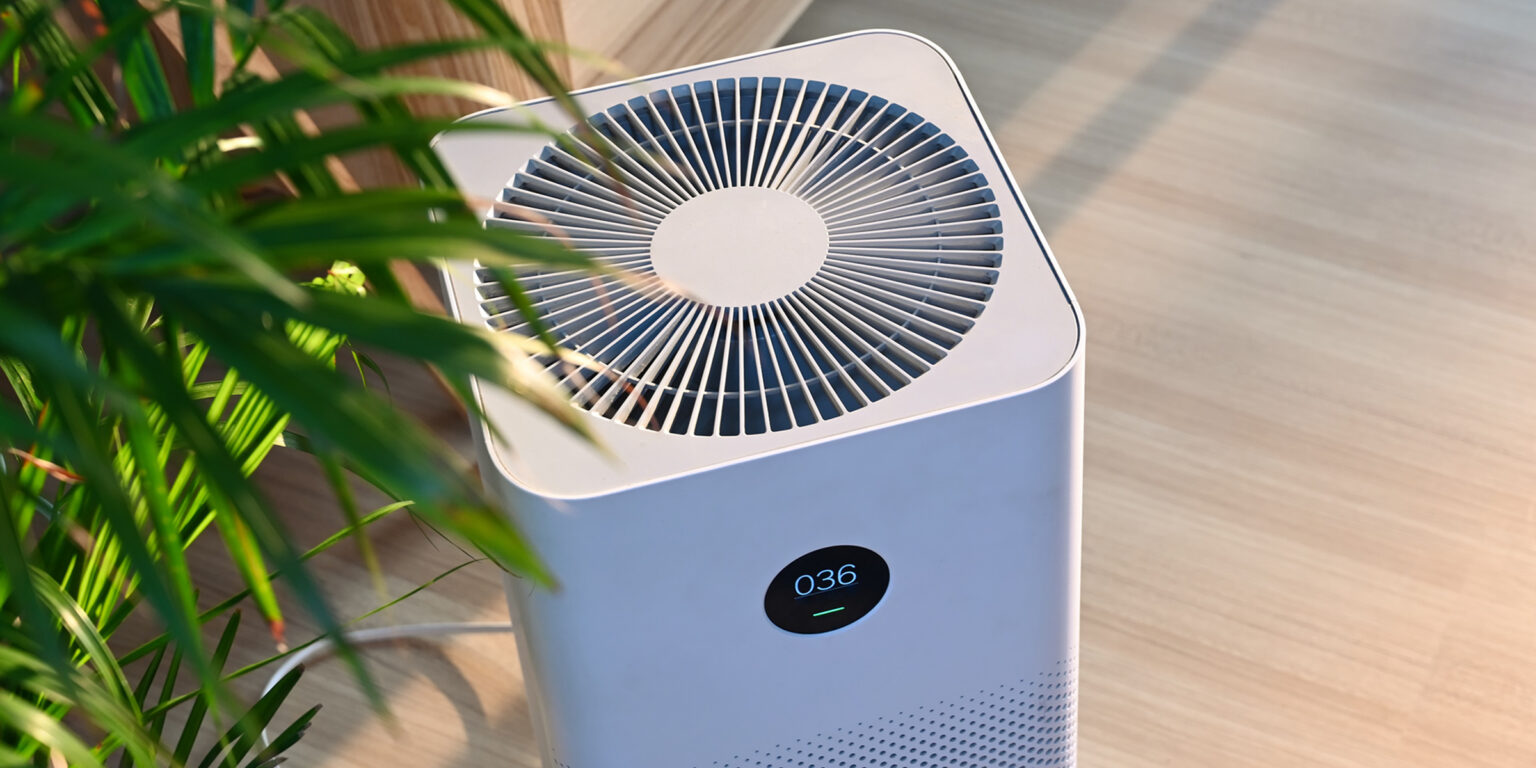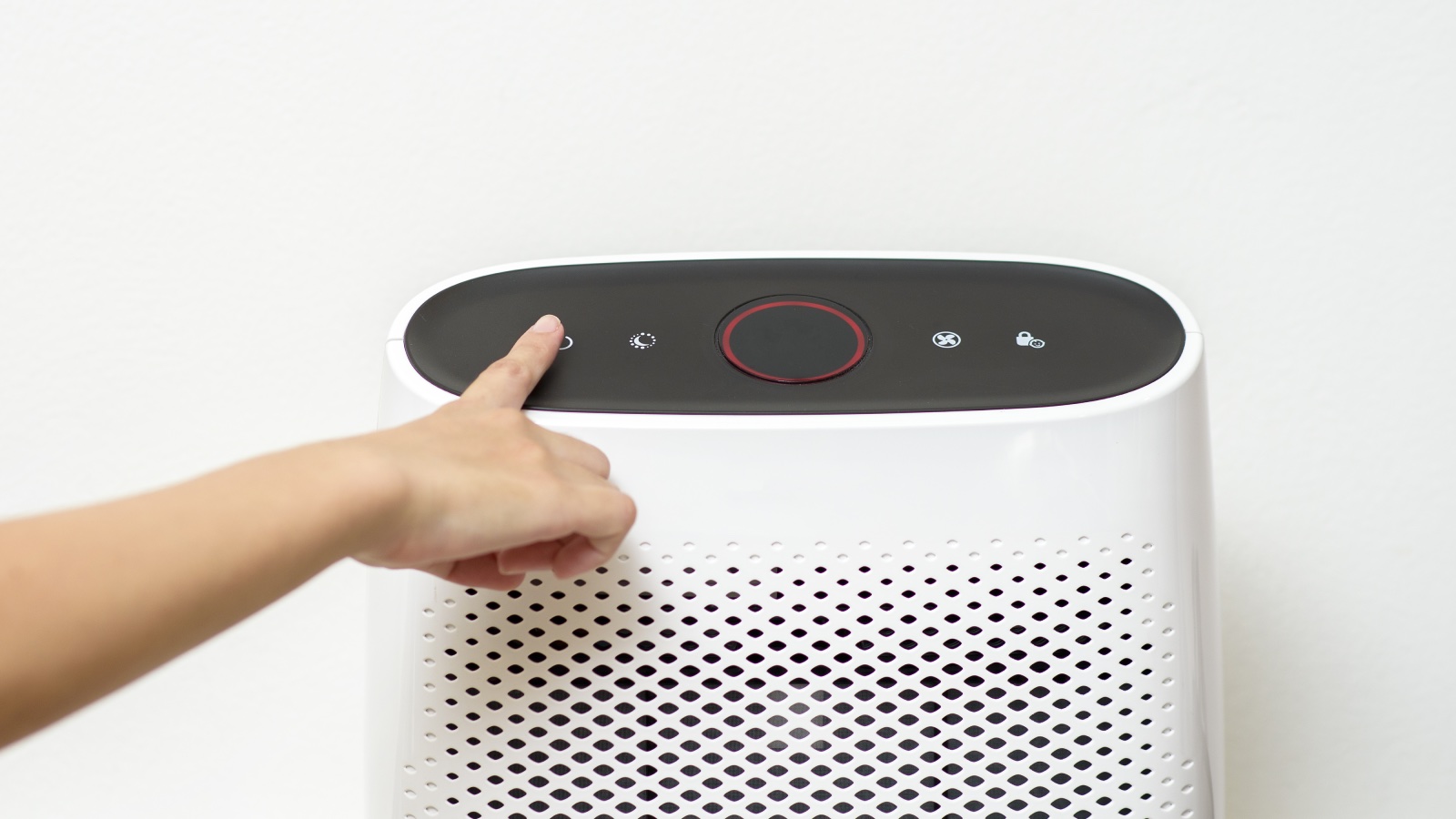
5 Tips on Choosing the Right Medical Grade Air Purifier
Air purifiers used to be luxuries but are slowly becoming necessities owing to the rising pollution levels. According to a study by EPA, air pollution can lead to lung and heart conditions and can make existing conditions worse.
Air purifiers bring filters that can filter the dangerous PM2.5 and PM10 particles with ease. In addition, the inclusion of a HEPA filter improves the efficiency of the air purifier to 99.97% for particles measuring 0.3 microns and above.
A Medical Grade Air Purifier takes this number further down to 0.1 microns with more than 95% efficiency and for 0.3 microns the efficiency is boosted to 99.99%.
So, what should you look for when buying the best medical-grade air purifier?

Things to Look Out for When Choosing the Right Medical Grade Air Purifier
Medical grade air purifiers are given the name thanks to their amplified purification capabilities and their ability to control contaminants even in a medical facility.
Here are a few tips and things that you should look out for:
HEPA Filter Rating
HEPA filters come with a rating that is assigned by the authorities depending on what standards they comply with. Medical Grade Air Purifiers usually boast an H13 HEPA filter that is perfect for blocking out most contaminants found in a medical setting.
It is important to know that HEPA filters do not fall under the purview of MERV ratings because they exceed the efficiency that MERV tests use as a threshold.

Size
If you’re planning to use your air purifier in a clinic or near patients, you cannot have an industrial-sized device on the desk. You need to select your purifier according to the size requirements of the place you intend to use it in.
UV-C Light
Although UV-C light chambers or UV lights are an optional accessory in a medical-grade air purifier, having one ensures that all microbial DNA is dealt with and there is no chance of spread of infection.
Respiratory irritants can be microbial and having UV-C light chambers helps kill the bacteria and other microbes. This is also helpful in controlling the spread of mold.

Filter Life
Sadly, there are many excellent air purifiers out there that offer less than attractive filter life. Some really expensive air purifier filters only offer healthy purification for 3 months before needing a replacement.
A Medical Grade Air purifier would generally be used more because of the intended use and will wear out the filters more often, so care must be taken that the purifier brings at least 8-12 months of filter life.
Having washable pre-filters is another way that filter life can be extended.
Activated Carbon Filters
Medical settings usually come with a lot of fumes and solvents that carry a strong smell. Be sure to choose an air purifier that comes equipped with activated carbon filter.
There are some excellent options out there that feature carbon pallets and even activated carbon cylinders, but those are for extreme situations where fumes and VOCs are unavoidable. For a usual clinic or hospital corridor, a simple activated carbon filter will work fine.

Optional Features
While having the above mentioned features ensures that your air purifier is well equipped to work in any medical setting, there are some extra features that can make the indoor air more safer.
These include:
Negative Ion Generator
A negative ion generator works by releasing negative ions into the air that latch onto the dust and contaminant particles in air. This makes the particles too heavy to stay airborne.
The airborne contaminants are then deposited as dust and while the use of a negative ion generator increase the amount of dust on the surface in the first few weeks of use, it is definitely a worthy feature to have.
Why didn’t we make it a must-have? Negative ion generators are known to produce traces of ozone that is a known lung and respiratory irritant, so it must not be used where sensitive groups frequent a space.

Smart Connectivity
The reason smart features did not make it into the must have section is because a medical grade air purifier can work excellently even without them. We at Air Purifier Mag would suggest selecting an air purifier with a physical timer setting in favor of a smart one.
However, if you feel that smart connectivity is a must have or you’re one of those people that want to future-proof your investment, then there are some medical grade air purifiers that offer smart connectivity in addition to the excellent purification.
Takeaways
Medical Grade air purifiers are the epitome of air purification and can filter out most airborne contaminants with ease. We’ve discussed the top features to look out for when buying yourself one.







